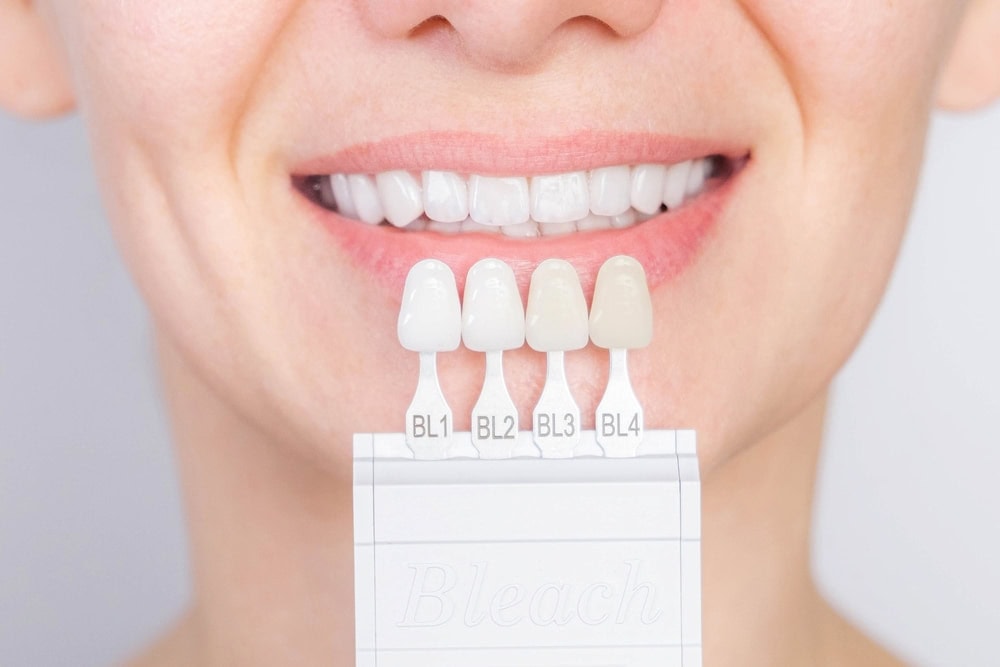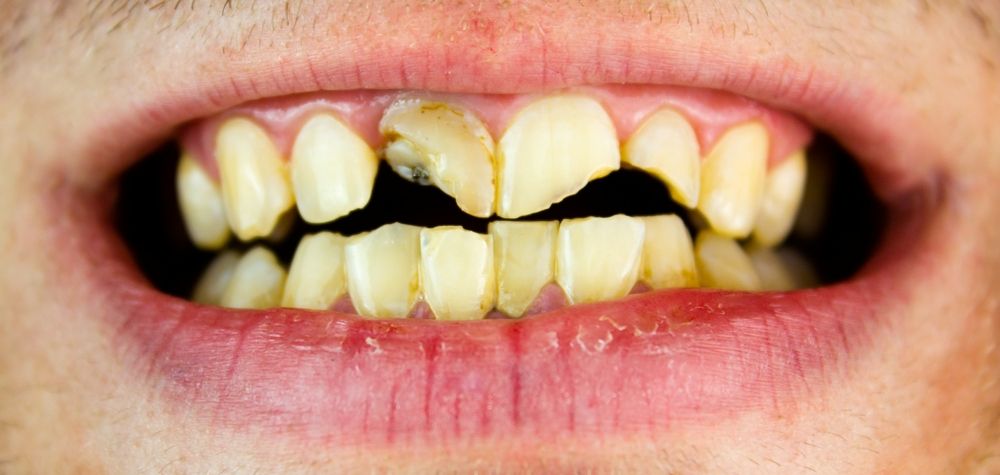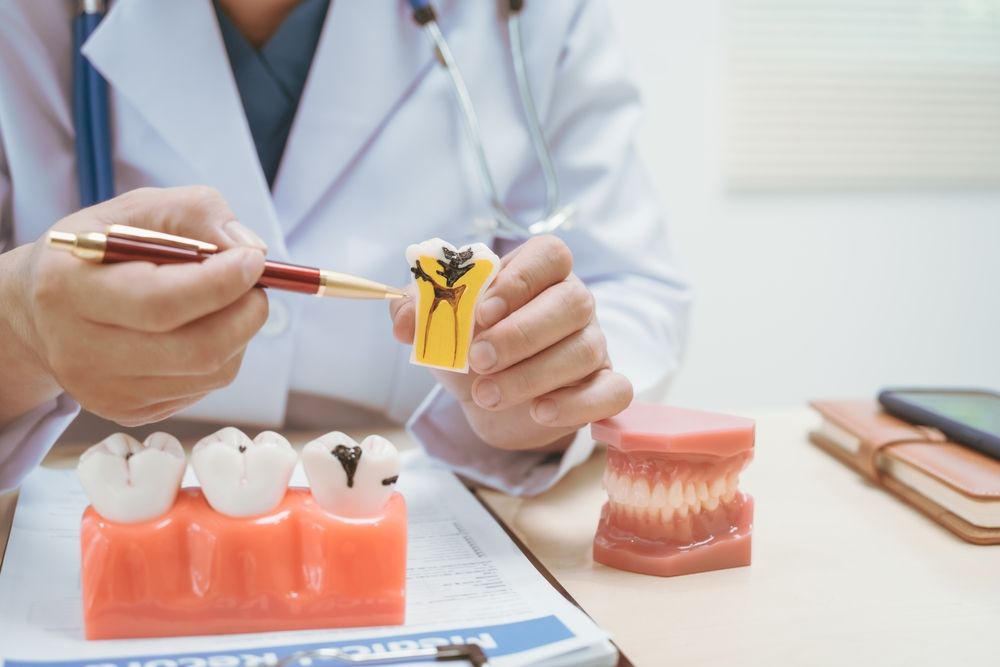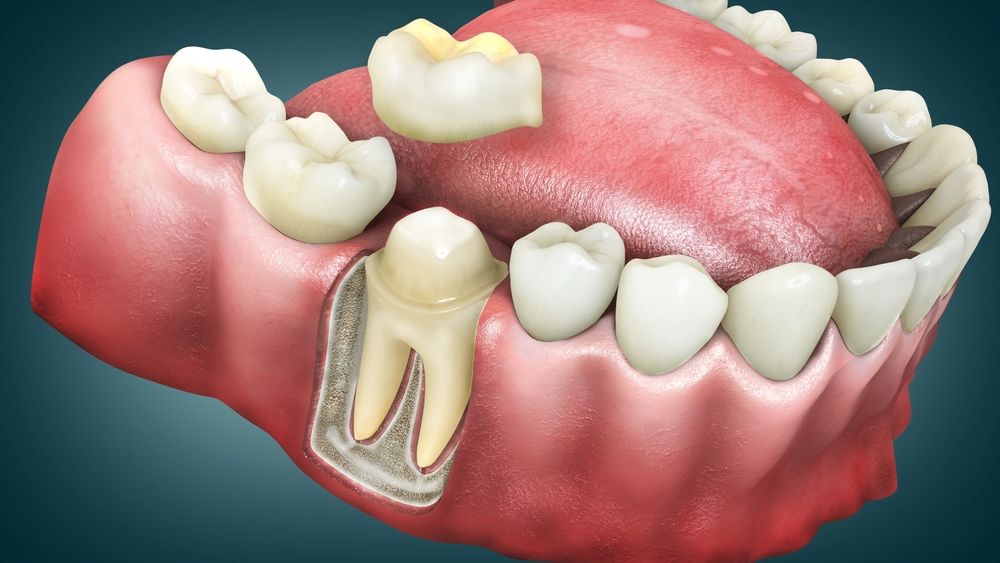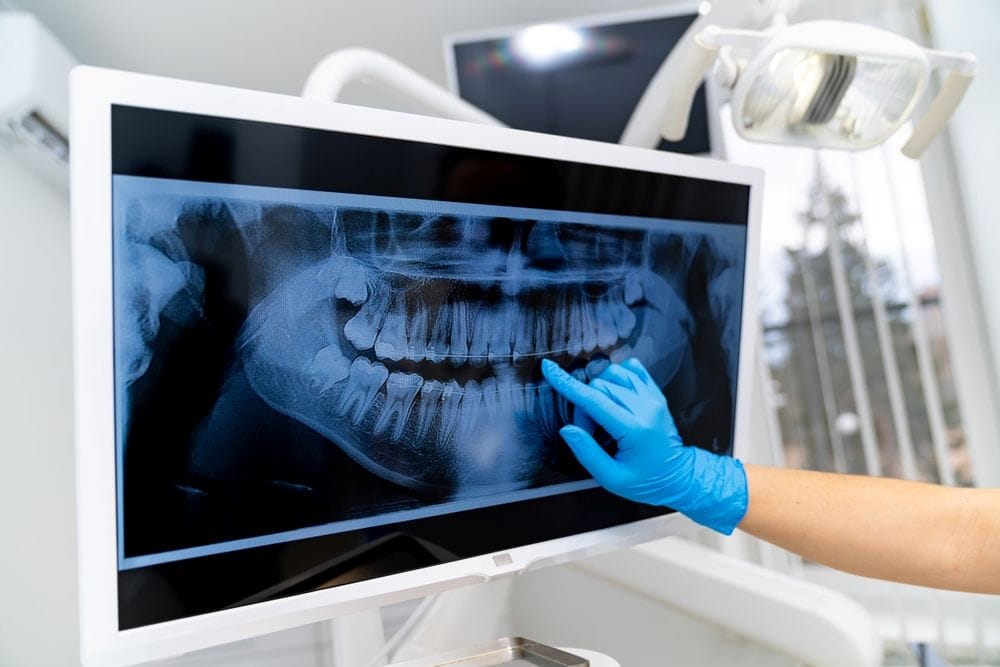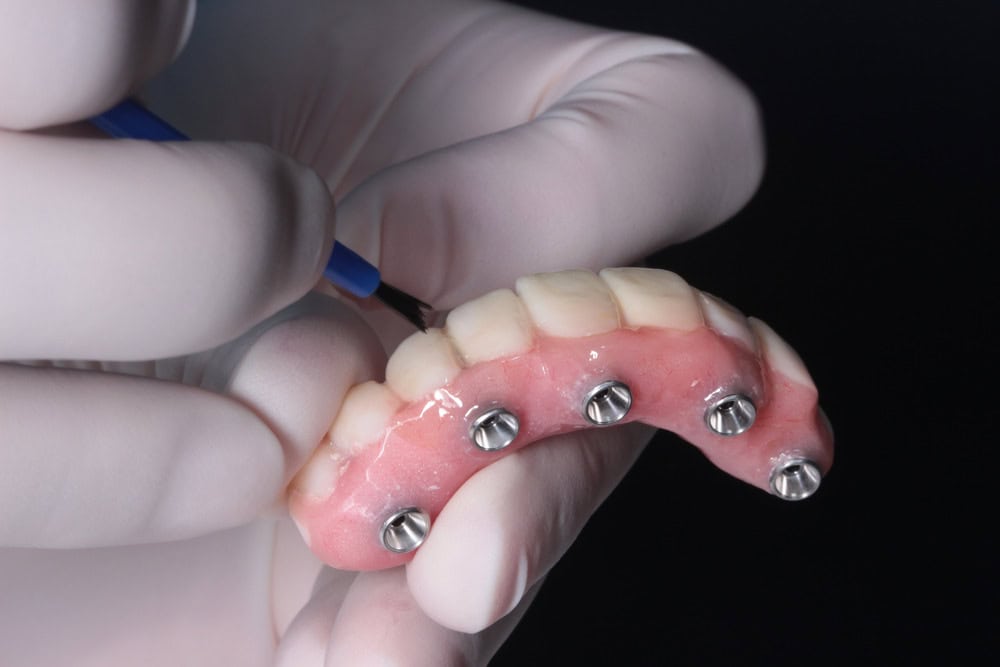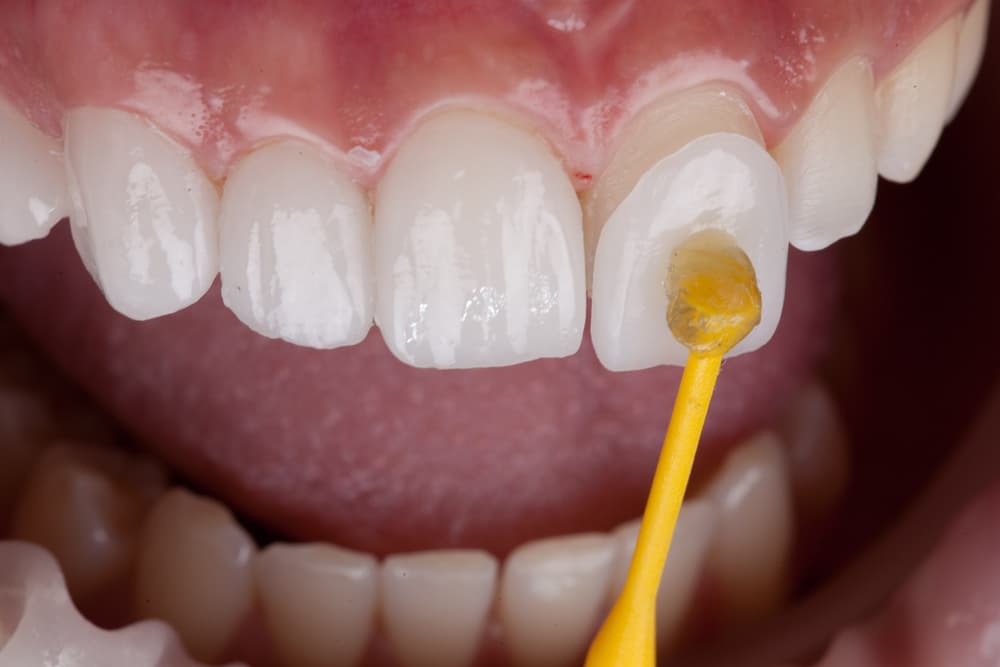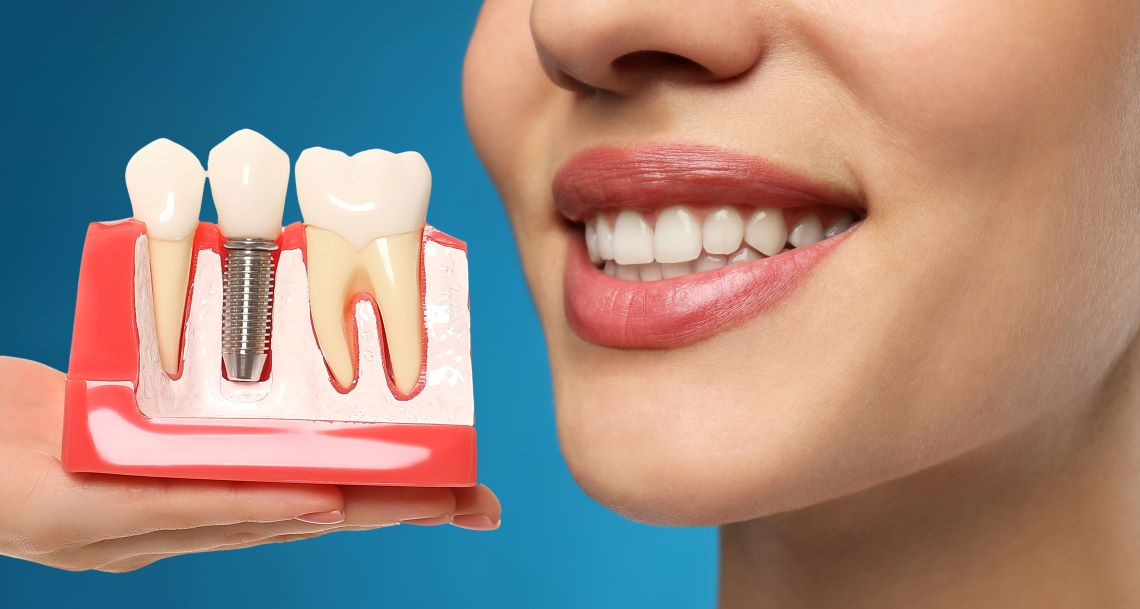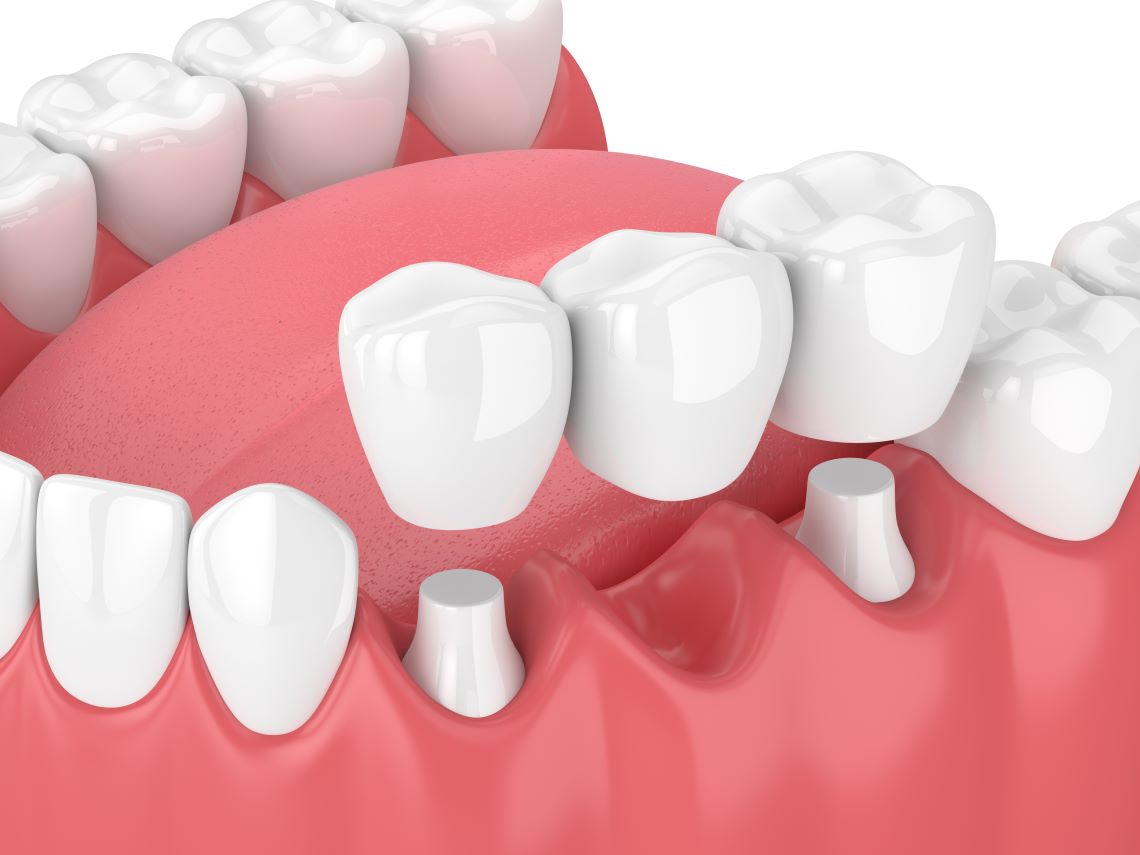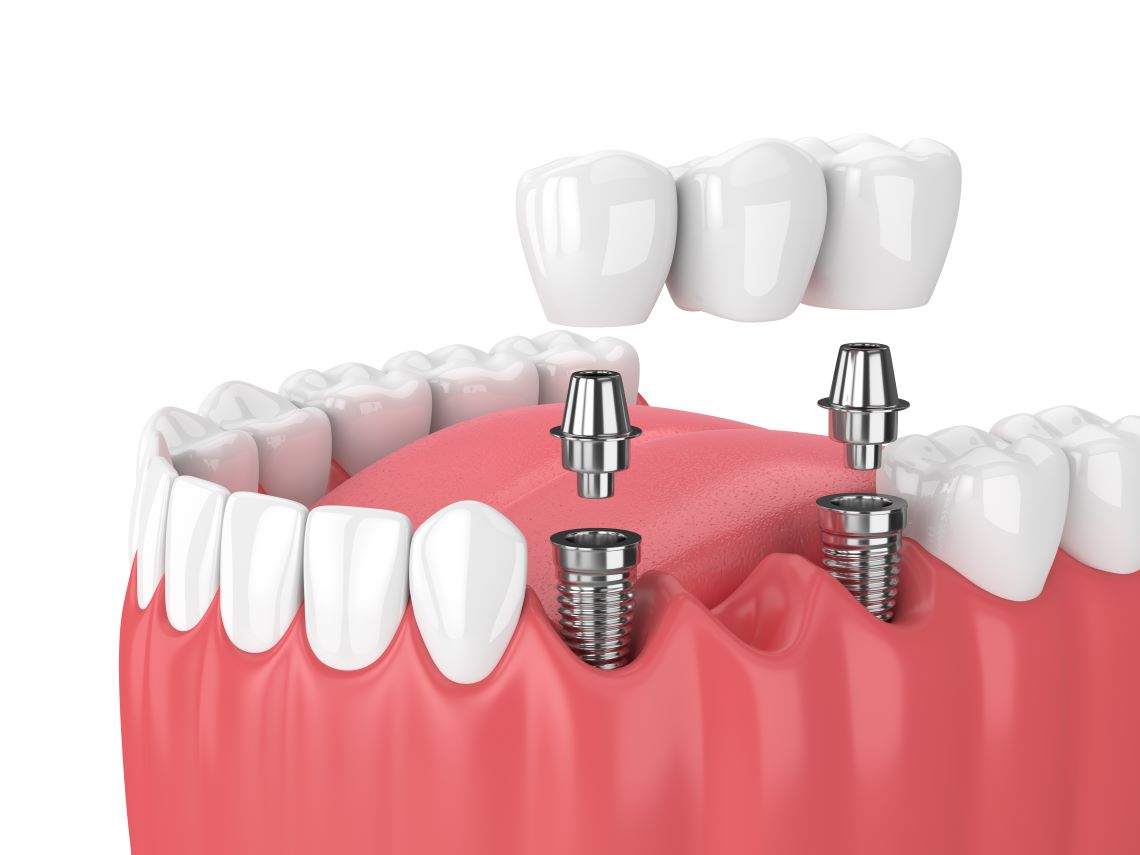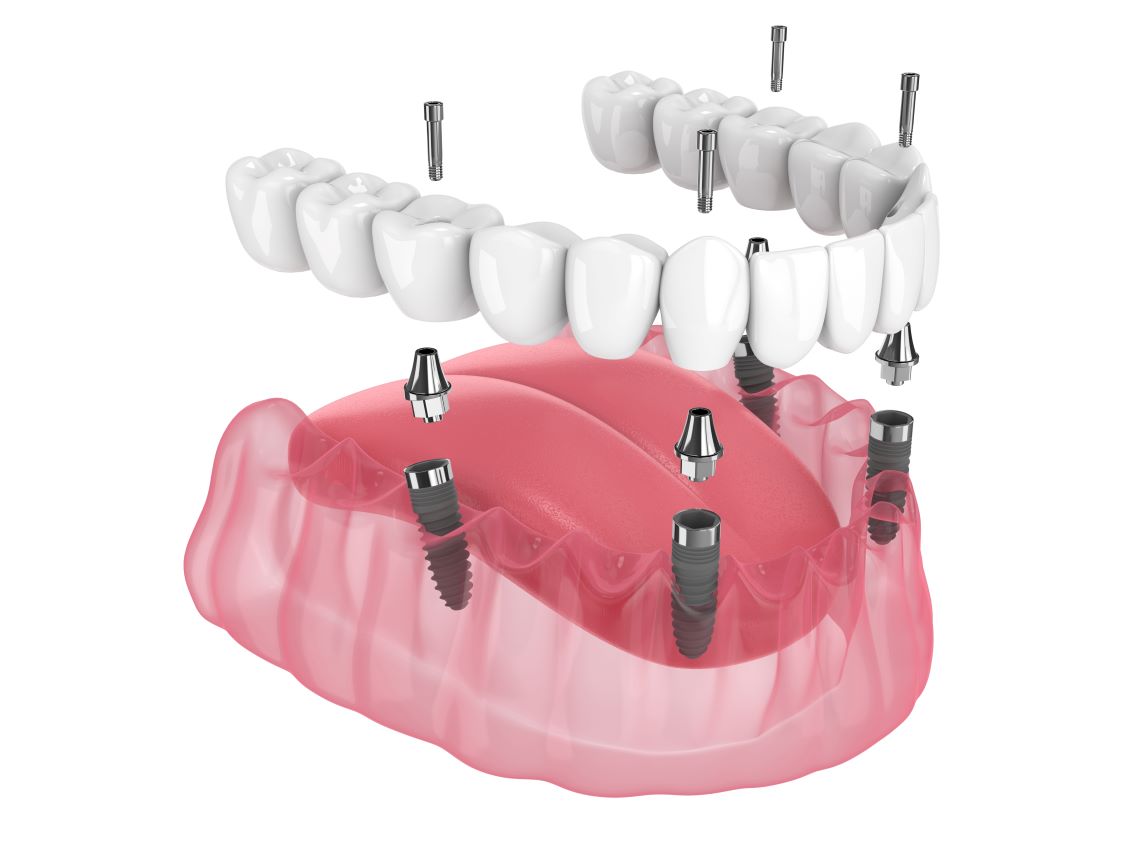What Is a Dead Tooth? Causes and Treatment Guide

A dead tooth is one of the most common dental problems, yet it often shows no obvious signs in the early stages. As a result, many people overlook it without realizing the risks. If left untreated, the condition can worsen and eventually lead to the loss of natural teeth. Beyond affecting your smile and confidence, a dead tooth can also have long-term consequences on your overall oral health — impacting your ability to chew properly or speak clearly, and interfering with daily life.
That’s why it’s crucial to understand what is a dead tooth, recognize the symptoms, identify the causes of a dead tooth, and know how to prevent and treat it correctly. This guide will walk you through everything you need to protect your teeth and maintain long-term oral health.
What Is a Dead Tooth ?
For those wondering what is a dead tooth, the term refers to a condition in which the dental pulp—the soft tissue inside the tooth containing blood vessels and nerves—has died. When this happens, the tooth can no longer feel sensations or receive nourishment. A dead tooth loses its ability to grow, self-repair, or defend against infection. Over time, it may change color and become a breeding ground for bacteria, eventually leading to infection and other oral health problems if not properly treated.
Causes of a Dead Tooth
There are several common causes of a dead tooth. The most frequent ones include:
Tooth Decay
One of the leading causes of a dead tooth is deep tooth decay. Bacteria erode the enamel and dentin, reaching the pulp chamber. Once bacteria enter the pulp, they cause inflammation and infection. If left untreated, the pulp eventually dies.
Trauma or Accidents
Injuries such as a fall, a blow to the mouth during sports, or biting down on something too hard can severely damage the blood vessels inside the tooth. If the blood flow is cut off, the pulp dies, resulting in a dead tooth.
Chronic Tooth Wear
Teeth that are worn down from grinding (bruxism), improper chewing habits, or clenching over long periods can become overstressed. This pressure can restrict blood flow to the pulp, leading to tissue death inside the tooth.
Periodontal Disease
Advanced gum disease that spreads deep into the roots can interrupt blood supply to the pulp. Toxins and bacteria from infected gums can also enter the pulp, causing inflammation and eventual tissue death.
Certain Dental Procedures
In some cases, dental treatments that involve deep drilling or strong impact during procedures may damage the pulp. If the pulp becomes inflamed and the blood supply is compromised, it may die, resulting in a dead tooth.
What Are the Symptoms of a Dead Tooth ?
Some people may not experience obvious symptoms at first. However, here are early dead tooth symptoms to watch for:
Tooth Discoloration
One of the most visible signs is a darkened tooth — turning gray, brown, or noticeably darker than surrounding teeth. This happens when red blood cells from the dying pulp break down and the hemoglobin pigments seep into the dentin, changing the tooth’s color.
Pain or Discomfort When Chewing
Some patients may feel pain or discomfort when chewing on the affected tooth. Others may experience a loss of sensitivity, meaning the tooth no longer reacts to hot or cold due to nerve death inside.
Loose or Easily Fractured Tooth
A dead tooth becomes weaker because it no longer receives nourishment. As a result, the tooth may feel loose, crack easily, or even shift from its original position.
Chronic Bad Breath
As the pulp tissue decays inside the tooth, it can produce an unpleasant odor. Even with proper brushing or mouthwash, the smell tends to persist if the dead tissue remains untreated.
Swollen Gums or Gum Boil
You may notice a bump, swelling, or pus-filled blister on the gums near the affected tooth — indicating that the infection from the dead pulp has spread to the surrounding tissues.
What Does a Dead Tooth Look Like ?
Visually and radiographically, here’s what a dead tooth looks like:
- Darkened color compared to neighboring teeth
- Lack of shine or gloss — the tooth may look dull or lifeless
- Thinner and more brittle enamel
- Visible signs on X-rays include a dead pulp chamber or infection at the root tip.
How Does a Dead Tooth Affect Your Health ?
If left untreated, a dead tooth can lead to several complications, including:
- Infection at the root tip, causing intense pain, swelling, and pus
- Loss of the natural tooth, especially if infection spreads or weakens the root
- Spread of bacteria to the jawbone or other parts of the body
- Difficulty chewing and speaking, impacting your quality of life

Dead Tooth Treatment Options
The appropriate dead tooth treatment depends on the severity of the condition. Common treatment methods include:
Root Canal Therapy
The most effective and commonly recommended option. The dentist will drill into the tooth, remove the dead pulp tissue and bacteria, clean the root canals thoroughly, and seal them to prevent reinfection.
Dental Crown
After a root canal, the tooth may be weak or brittle. Placing a dental crown through our dental crown service helps protect the tooth structure, restore function, and improve appearance. This is especially important for molars and back teeth.
Tooth Extraction
In severe cases where the tooth is too damaged or the infection has spread, extraction may be necessary. The missing tooth can then be replaced with a dental implant, bridge, or partial denture to restore function and appearance.
How to Prevent a Dead Tooth
While dead tooth treatment is effective, prevention is always best. Here’s how to reduce your risk:
- Brush your teeth properly twice a day with fluoride toothpaste
- Floss daily to remove plaque and food between teeth
- Avoid excessive sugary, sticky, or hard foods
- Wear a mouthguard if you play contact sports
- Visit your dentist every 6 months for checkups and cleanings
- See your dentist promptly if you notice a cavity, cracked tooth, or trauma to the mouth
Remember: With proper oral care, a dead tooth can often be prevented. If you have a damaged or decayed tooth, don’t delay — early treatment can help save your natural teeth.
A dead tooth can often be prevented with proper oral hygiene and regular dental care. But if you’re already experiencing issues like cavities, chips, or cracks, don’t wait — early intervention from a dentist can reduce the risk of developing a dead tooth in the future.
If you’re looking for a trusted clinic that offers high-quality dental crown service — especially for molars — at a fair and competitive price, The Ivory Dental Clinic is here to help. Our experienced dentists provide thorough consultations and attentive care in every step of your treatment. Whether you’re restoring a dead tooth or strengthening a weak one, our dental crown service is designed to help you regain oral function and confidence with long-lasting results.
For inquiries about molar crown promotions or to book your appointment:
LINE: LINE : @theivorydental (with @)
Call: 02-275-3599, 094-968-4294
Open daily from 10:00 AM to 8:00 PM
Frequently Asked Questions (FAQ) About Dead Teeth
Q: Is a dead tooth dangerous ?
A: Yes, a dead tooth is a serious oral health issue that should not be ignored. Even though it may not show symptoms early on, if left untreated, it can lead to severe complications such as infections at the tooth root, loss of natural teeth, or the spread of bacteria to the jawbone. It can also affect your ability to chew, cause bad breath, and reduce your overall quality of life. If you suspect a dead tooth, it’s important to see a dentist promptly.
Q: Does a dead tooth always need to be extracted ?
A: Not necessarily. If diagnosed early, a dead tooth can often be saved. The most common dead tooth treatment is root canal therapy, where the dentist removes the infected pulp, cleans the root canal, and seals it properly. Afterward, a crown may be recommended to strengthen the tooth and restore its function. Extraction is usually considered only when the damage is too severe or if the infection is uncontrollable.
Q: Is getting a dental crown for a dead molar expensive ?
A: The cost of dental crown treatment for molars varies depending on the material used—such as full ceramic, metal, or a ceramic-metal hybrid. Prices can range from the high hundreds to low thousands (in Thai Baht). However, investing in a dental crown is a worthwhile choice to preserve the natural tooth, prevent future fractures, and avoid tooth extraction. It’s part of a reliable dental crown service that supports long-term oral health.


